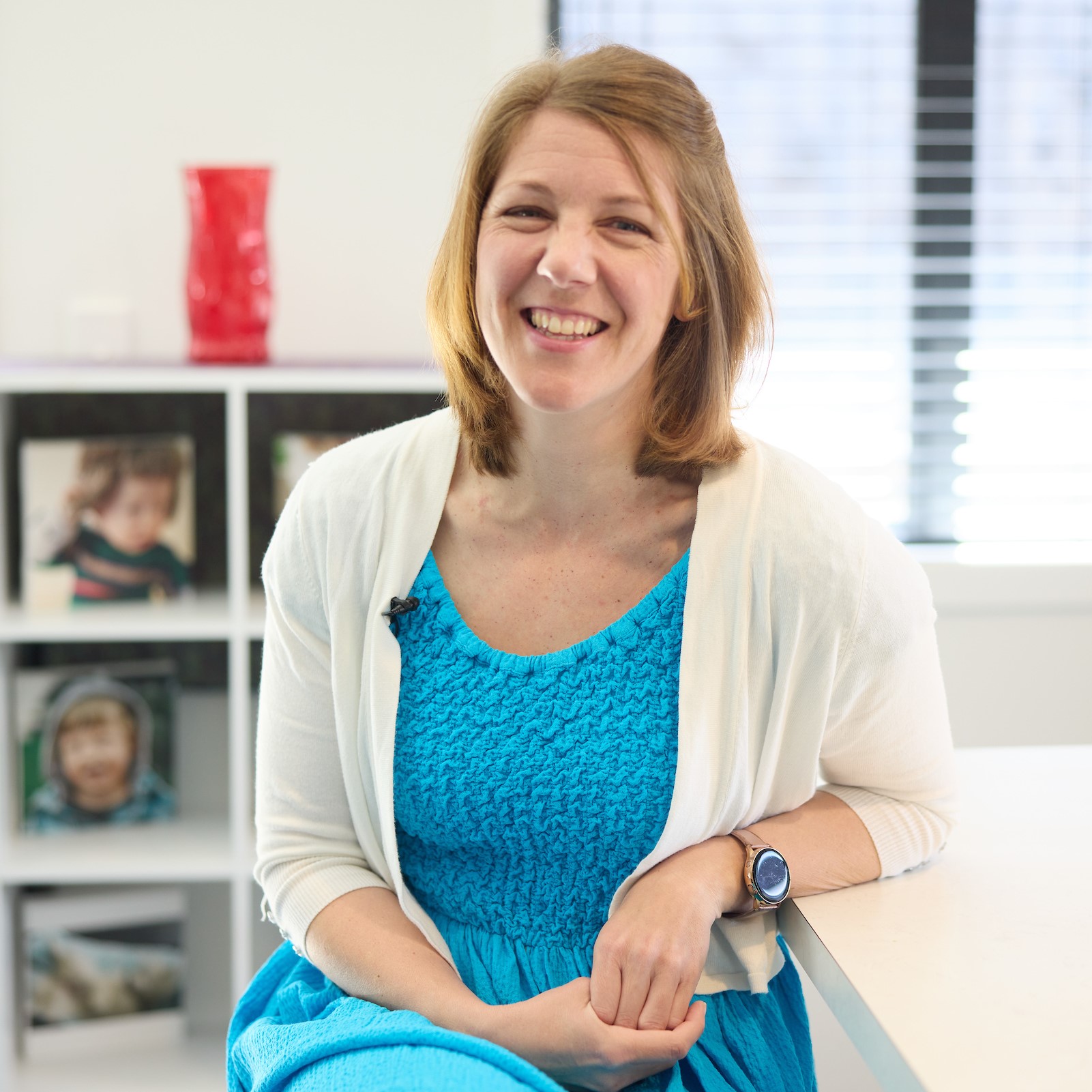Dr Ellen Joan Ford
When Dr Ellen Joan Ford (Nelson) comes across a situation that annoys her, she goes all-in to make a difference.
As a researcher, she discovered working parents were being forced to work as though they didn’t have families to care for – so she committed to normalising and valuing the very modern, very common plight of the working parent, otherwise known as the struggle of the juggle, and to do so in a way that benefits all, including organizational outcomes.
As a former New Zealand Army officer, she was contacted by one-time Afghan colleagues who were desperate to escape their country as the Taliban regained control. So, she set about the huge and complicated task of supporting the evacuation from Afghanistan of more than 500 people who had aided New Zealand troops in Afghanistan, and their families.
Ellen is the Kiwi Bank New Zealander of the Year 2023 ‘Local Hero’, and was also awarded Person of the Year 2022 by the Manawatu Standard. She is now also a 2023 BLAKE Leader.
“The BLAKE Leader award is so prestigious and it is such an honour to receive this.”
Ellen, 39, and her little brother Ewen grew up in Colyton, population about 160, in rural Manawatu.
She is the daughter of a theatre-extraordinaire speech and drama teacher and writer and a real estate agent who is currently deputy mayor of Manawatu district council.
Between 2003 and 2013, Ellen served in the New Zealand Army as an engineering officer. Following that, while supporting exporters in her role at NZ Trade & Enterprise, she completed her MBA (exec) and PhD focused on leadership. She used her findings to support the Chief of the NZ Army, Major General John Boswell, and his senior leadership team. Together, they worked to understand the barriers facing the successful attraction, recruitment, retention, and advancement of women in the NZ Army. Major-General Boswell says Ellen significantly influenced Army’s approach to a range of diversity and inclusion challenges.
Ellen says she was driven by frustration at what her research revealed.
“While my PhD findings revealed there were many amazing aspects of an Army career, there were recurring themes of gender related challenged. This pissed me off, and led me to do something about improving the environment for women in the Army. Then, findings from my post-doctoral research focused on working parents also pissed me off, and led me to start the #WorkSchoolHours movement, develop my Belonging Autonomy Purpose leadership model, and start my own business as a speaker and facilitator in the leadership space.”
Ellen’s movement, #WorkSchoolHours, aims to create a more sustainable and high-performance environment by eliminating the structures and attitudes which can hinder parents’ progression in their careers.
“I would really love the impact of #WorkSchoolHours to be that we live in a society where we don’t expect parents to work like they don’t have kids and parent like they don’t have a job. I want it to be normal that workers and parents are the same people, and that our society does more to value that.”
As a leader herself, and a researcher focused on leadership, Ellen developed a framework for helping leaders get the best from their teams. This is her Belonging Autonomy Purpose leadership model.
“I believe great leaders create an environment where their team can thrive, and then they direct that thriving energy at the task that needs to be achieved. And what do people need to thrive? They need belonging, autonomy, and purpose. So, I think great leaders create that environment.”
While working to change workforce and societal attitudes around working parents, Ellen also rearranged her life to make time to utilise her networks, energy, and understanding of bureaucracy to gain access to New Zealand for 563 Afghan refugees – made up of more than 40 people who had worked with NZDF in Afghanistan, and their families.
“I was lucky enough to serve in Afghanistan when I was in the Army, and it was incredible. And part of my team, I had Kiwi soldiers and I had locals. And they really touched my heart. So, when the Taliban took over in Afghanistan, and when one of those team members reached out to me in desperation, begging for help, I said ‘Sure – I don’t know how to do that, but I will do everything I can’. And it snowballed.”
Ellen and a handful of others, including Christchurch-based former SAS officer and deputy chief of Army, Brigadier Chris Parsons and Wellington-based Lieutenant Colonel Martin Dransfield, formed a core team. None was the leader; they all played to their strengths, mined their networks, and worked in with agencies to arrange safe passage out of Afghanistan, transport to New Zealand, and 563 potentially life-saving visas.
Every one of those refugees gathered in Auckland in July 2022 and when Ellen walked into the event, and saw that most of those in the room were children, she was overwhelmed.
“When I saw them, especially little girls, I had this real sense of hope for what their future has in store for them in New Zealand. It is radically different to what was ahead of them in Afghanistan, where they would not have been allowed to be educated,” she told Stuff at the time.
“Some of them were facing the prospect of being forced to marry Taliban soldiers. That was going to be their life. Now they are going to go to school, they are going to be educated if they want to, they will have a career if they want to, marry and have children with people if they want to. It was incredible.”
Ellen is back living in Manawatu after a decade away and walks the talk of #WorkSchoolHours as a parent to Toby, 6, and Monty, 3 and as a speaker, facilitator, and business owner focused on leadership. Her book, and the accompanying online courses, #WorkSchoolHours: A Revolution for Parents, Workplaces and the World, launches this Friday, 22 March and is available from Ellen’s website: www.ellenjoanford.com.
“I have such huge goals to change the world for the better, and am incredibly grateful for how this BLAKE Leader award will hopefully help me to push this further.”


